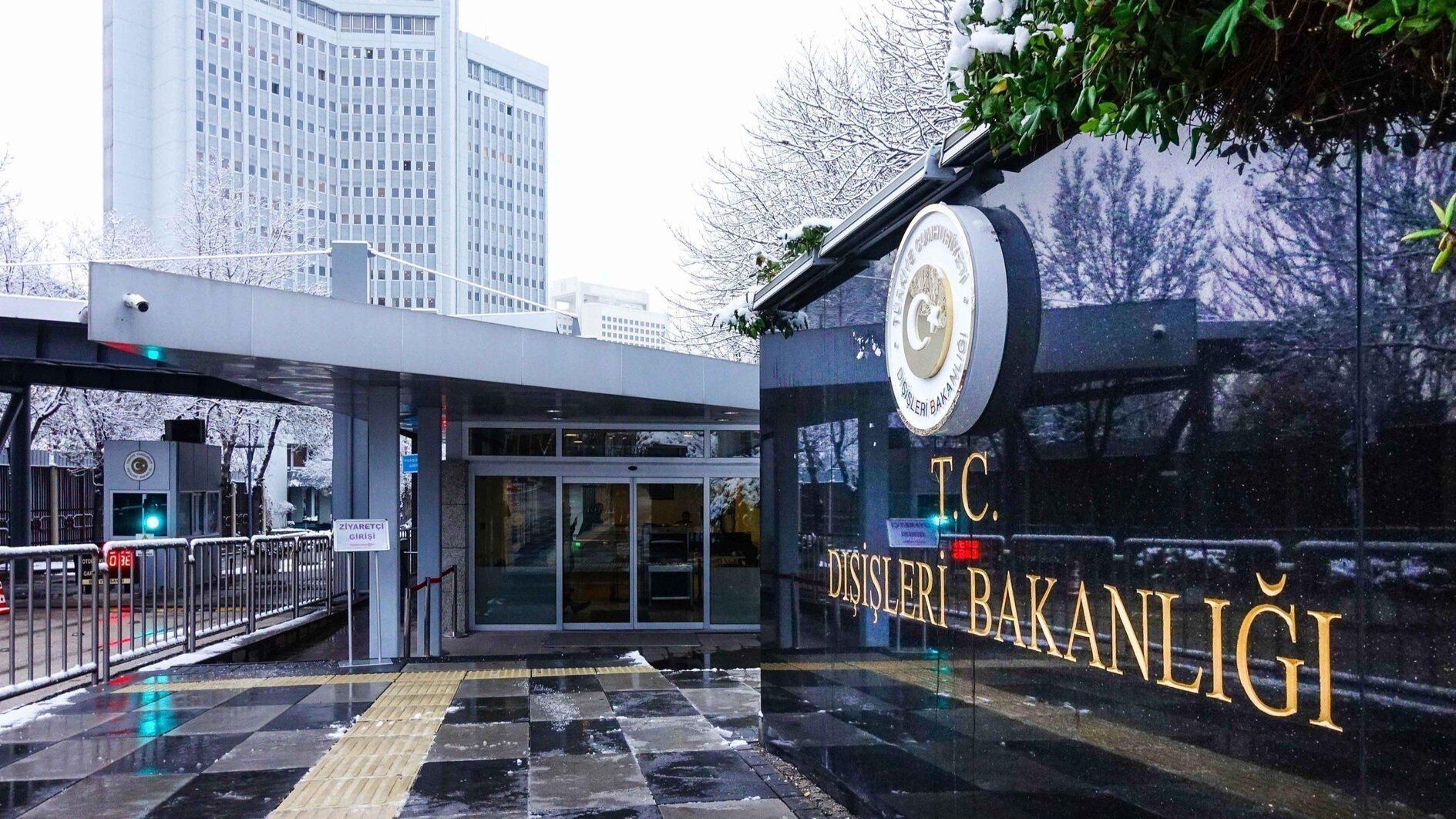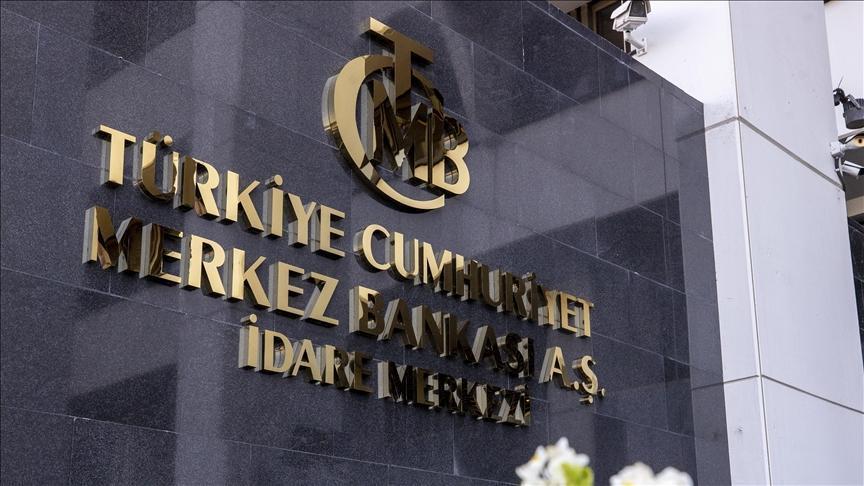Sudan judge sentences Christian woman to death for apostasy
KHARTOUM - Agence France-Presse
A Sudanese judge on Thursday sentenced a Christian woman to hang for apostasy, despite appeals by Western embassies for compassion and respect for religious freedom.Born to a Muslim father, the woman was convicted under the Islamic sharia law that has been in force in Sudan since 1983 and outlaws conversions on pain of death.
Meriam Yahia Ibrahim Ishag, 27, is eight months pregnant and married to a Christian national of South Sudan, which separated in 2011, human rights activists say.
"We gave you three days to recant but you insist on not returning to Islam. I sentence you to be hanged," Judge Abbas Mohammed Al-Khalifa told the woman, addressing her by her father's Muslim name, Adraf Al-Hadi Mohammed Abdullah.
Khalifa also sentenced Ishag to 100 lashes for "adultery". Under Sudan's interpretation of sharia, a Muslim woman cannot marry a non-Muslim man and any such relationship is regarded as adulterous.
Ishag reacted without emotion when Abbas delivered the verdict at a court in the Khartoum district of Haj Yousef.
Earlier in the hearing, an Islamic religious leader spoke with her in the caged dock for about 30 minutes, trying to convince her to change her mind.
But she calmly told the judge: "I am a Christian and I never committed apostasy."
Sudan has an Islamist government but, other than floggings, extreme sharia law punishments have been rare.
"We are shocked and very sad to see this verdict, which is not in line with Sudan's own constitution and international obligations," a foreign diplomat who asked for anonymity told AFP.
"We very much hope that this will be corrected on appeal."
One of Ishag's lawyer, Mohanad Mustafa, told AFP following the sentence that the defence will seek to overturn the ruling at a higher court.
They will first go to the appeal court, then the supreme court and, if necessary, to the Constitutional Court because they believe the criminal code prohibition against apostasy violates the constitution, he said.
After the hearing about 50 people demonstrated against the death sentence.
"No to executing Meriam," said one of their signs while another proclaimed: "Religious rights are a constitutional right."
In a speech, one demonstrator said they would continue their protests until she is freed.
A smaller group supporting the verdict also arrived but there was no violence.
"This is a decision of the law. Why are you gathered here?" one supporter asked, prompting an activist to retort: "Why do you want to execute Meriam? Why don't you bring corruptors to the court?" Sudan is widely perceived as one of the most corrupt countries in the world, ranked 174th for its performance by campaign group Transparency International.
About 100 people, including Western embassy representatives, were in court to hear the sentence.
In a joint statement on Tuesday, four embassies expressed "deep concern" over her case.
She was convicted last Sunday but given until Thursday to recant.
"We call upon the government of Sudan to respect the right to freedom of religion, including one's right to change one's faith or beliefs," the embassies of the United States, Canada, Britain and the Netherlands said in their statement.
That right is included in Sudan's 2005 interim constitution as well as in international human rights law, they said.
Amnesty International said that Ishag had been condemned to death for offences that should not be considered crimes at all.
"The fact that a woman has been sentenced to death for her religious choice, and to flogging for being married to a man of an allegedly different religion is appalling and abhorrent," the group's Sudan researcher Manar Idriss said.
Amnesty said Ishag was raised as an Orthodox Christian, her mother's religion, because her Muslim father was absent.
Information Minister Ahmed Bilal Osman told AFP earlier that Sudan is not unique in its law against apostasy.
"In Saudi Arabia, in all the Muslim countries, it is not allowed at all for a Muslim to change his religion," he said.
















